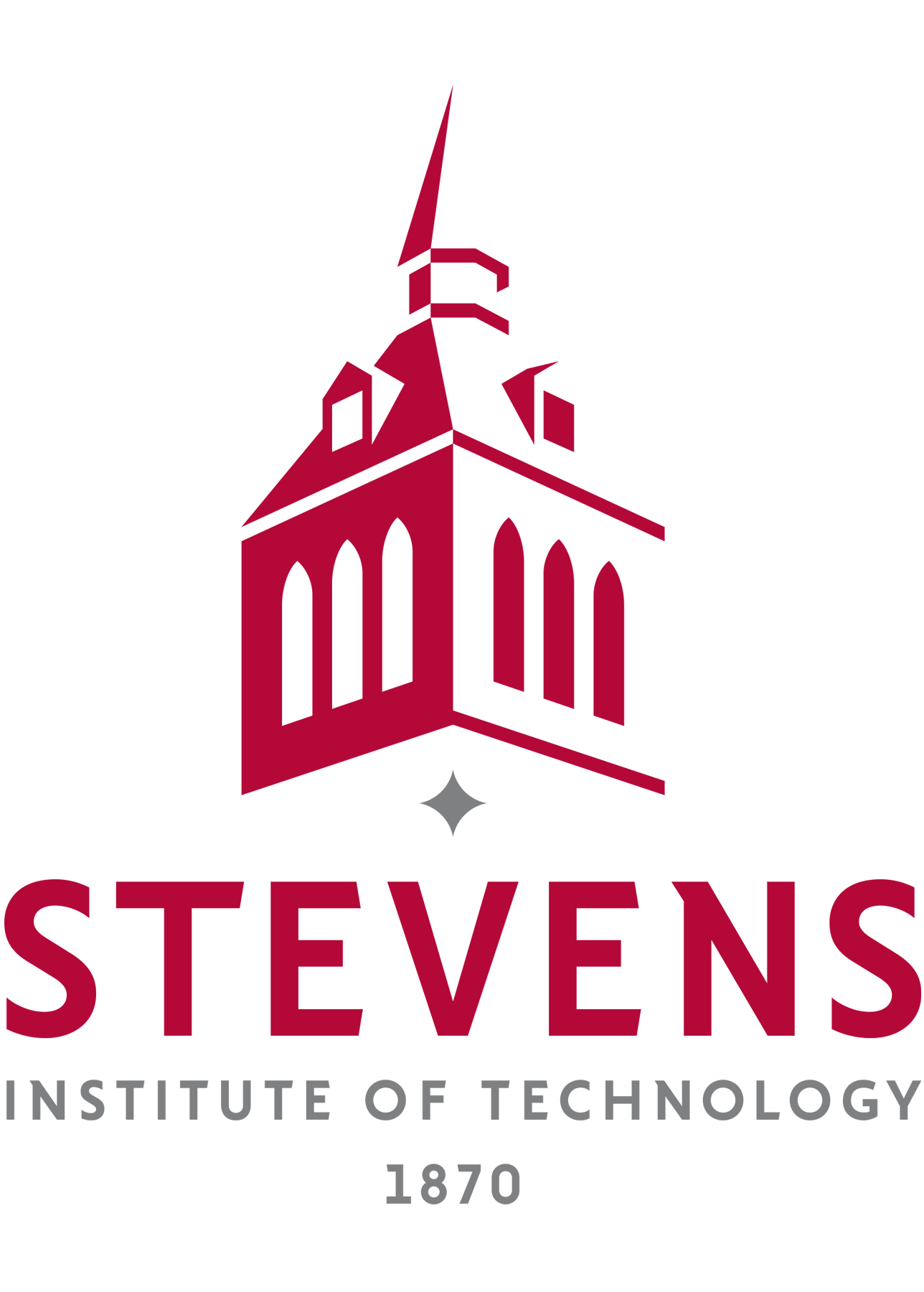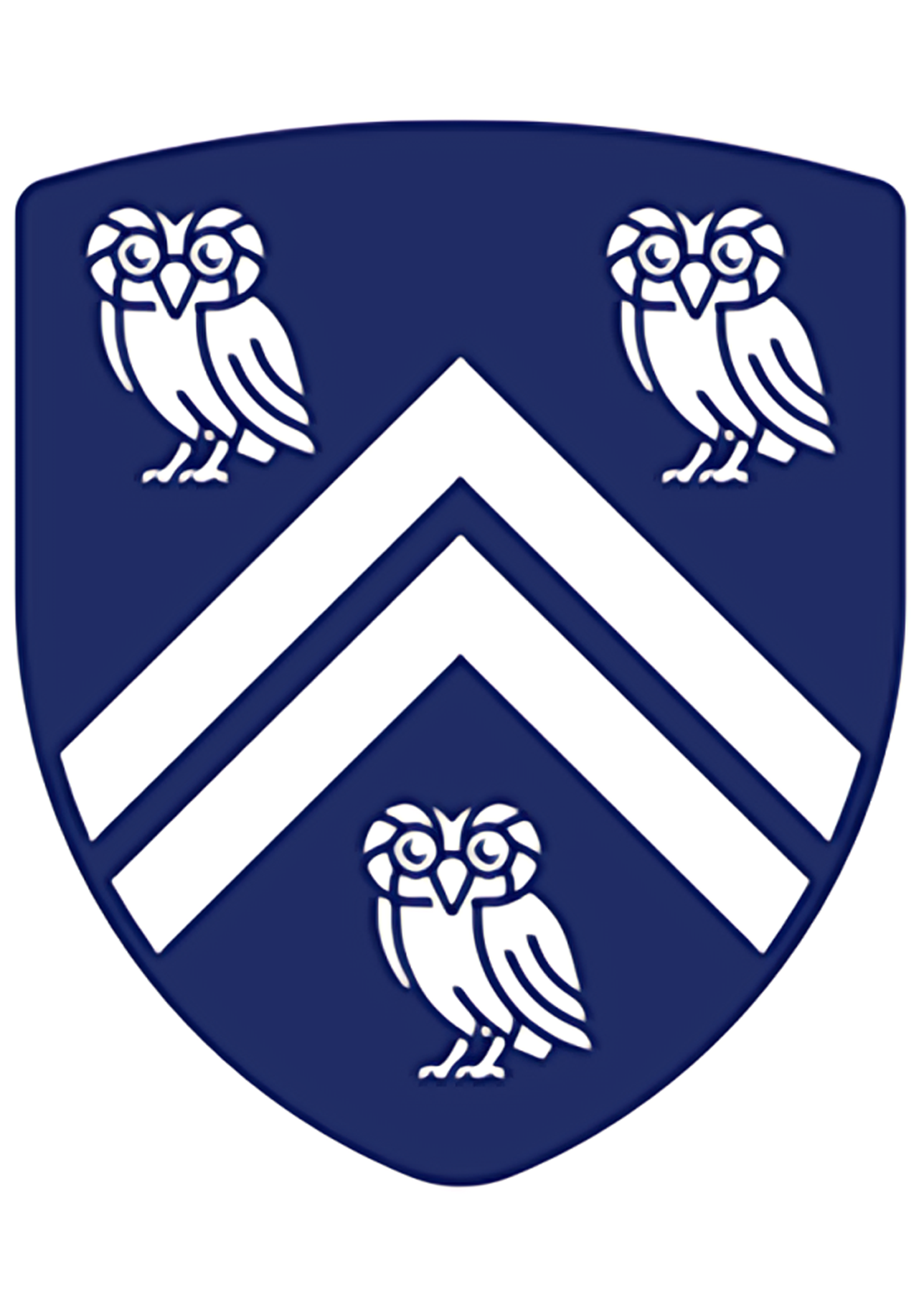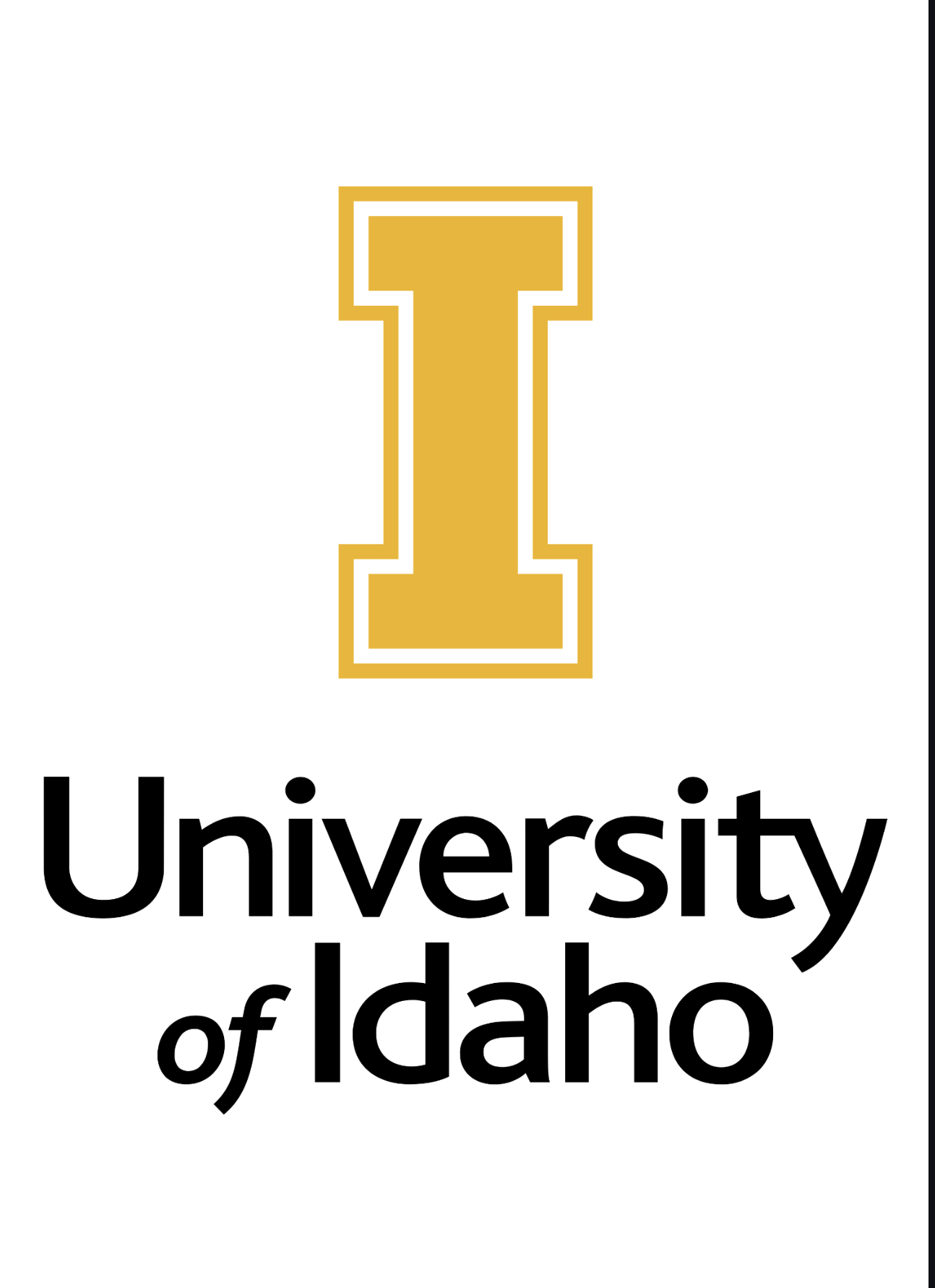Working with advanced technology requires advanced knowledge. Earning an online master’s degree in computer science can open doors to leadership positions in high-demand areas like system administration, cybersecurity, software development, and more.
According to the Bureau of Labor Statistics (BLS), overall employment for computer and information technology (IT) jobs will increase at a faster-than-average pace through 2032. The median annual salary for jobs in this field is $100,530. A master’s degree also prepares individuals for management positions, which have a median yearly wage of $107,360 and are also projected to increase at a faster-than-average pace in the next decade.
To help students seeking this degree find the right program, Intelligent.com reviewed dozens of options and created this list of the best online master’s in computer science programs. Blanca Villagomez, a program counselor and coordinator at UC-Irvine, also offers her insights to help students choose the ideal program and understand options for paying for an online master’s in computer science program.
What Can I Expect from an Online Master’s in Computer Science Program?
“Online programs generally offer a combination of asynchronous and synchronous modalities, so expectations and pacing can vary greatly across courses,” Villagomez says. “With asynchronous courses, interactions with professors and classmates can be limited and may require more effort to stay connected. Meanwhile, synchronous courses can facilitate engagement more easily. Despite the different modalities, all online degree programs require high self-motivation, effective time management, and structured independent study.”
Students pursuing an online master’s in computer science can enroll in a program that operates synchronously or asynchronously. Synchronous programs are similar to traditional degree programs in that students have classes at predesignated times, although they attend virtually instead of in person. In an asynchronous program, there are no scheduled class meetings. Students can access and complete their lessons and assignments entirely online on their own schedule. Some schools may offer hybrid programs of online and in-person learning.
Regardless of format, students in an online master’s in computer science program can expect to complete coursework in critical areas such as algorithms, software development, statistics, mathematical methods, logic, and more. Different programs may take different approaches to curriculum. For example, some programs cater specifically to individuals who don’t have an extensive computer science background and may need to master foundational skills and concepts before moving on to advanced topics. Others are designed for experienced students who want to build on their existing computer science knowledge to move into research or leadership roles.
As computer science is such a broad field, specializations are common within master’s programs. Students can concentrate in artificial intelligence (AI), software development, cybersecurity, data science, and more.
Most graduate computer science programs award a Master of Science (MS) degree. As part of the curriculum, students may be required to complete an internship to get hands-on learning experience. Programs may also require a culminating project, such as a thesis or capstone project, where students can share their research or demonstrate the skills they learned in their program.
Potential courses you’ll take in an online master’s in computer science program
- Foundations of Software Engineering: Introduces students to various life cycle models, project planning and estimation, requirements analysis, program design, construction, testing, maintenance and implementation, software measurement, and software quality.
- Foundations of Computer Architecture: Provides a detailed examination of the internal structure and operation of modern computer systems and investigates each of the major system components.
- Foundations of Algorithms: Provides a survey of computer algorithms, examines fundamental techniques in algorithm design and analysis, and develops problem-solving skills required in all programs of study involving computer science.
- Theory of Computation: Studies the theoretical foundations of computer science. Topics include models of computation from automata to Turing machines, computability, time and space complexity theory, Boolean circuits, and interactive proof systems.
- Artificial Intelligence: Presents the foundational algorithms of AI in an integrated fashion emphasizing Hybrid AI. Topics include state space search, local search, example-based learning, model evaluation, adversarial search, constraint satisfaction problems, logic and reasoning, expert systems, rule-based ML, Bayesian networks, and more.
Best 41 Online Master's in Computer Science Degree Programs
Institution Type
Status
- Intelligent Score
- Alphabetically By University Name
- Acceptance Rate
- Enrollment
- In-state Graduate Tuition
- Out-of-state Graduate Tuition
- In-state Undergraduate Tuition
- Out-of-state Undergraduate Tuition

Georgia Tech
Intelligent Score: 99.92In-state: $28,106
Out-of-state: $49,218
In-state: $27,898
Out-of-state: $27,898
SAT: 1370-1530
ACT: 31-35
$180
Online
Southern Association of Colleges and Schools Commission on Colleges
30

University of Illinois at Urbana - Champaign
Intelligent Score: 99.89In-state: $14,317
Out-of-state: $33,824
In-state: $15,016
Out-of-state: $15,016
SAT: 1200-1460
ACT: 27-33
$754
Online
Higher Learning Commission
32

University of Southern California
Intelligent Score: 99.52In-state: $59,260
Out-of-state: $59,260
In-state: $47,880
Out-of-state: $47,880
SAT: 1340-1530
ACT: 30-34
$2,543
Online, On-Campus
Western Association of Schools and Colleges Senior College and University Commission
32

North Carolina State University
Intelligent Score: 97.42In-state: $6,535
Out-of-state: $26,654
In-state: $9,095
Out-of-state: $9,095
SAT: 1230-1410
ACT: 27-32
Resident: $526
Non-Resident: $1,635
Online
Southern Association of Colleges and Schools Commission on Colleges
30

Stanford University
Intelligent Score: 97In-state: $55,473
Out-of-state: $55,473
In-state: $54,315
Out-of-state: $54,315
SAT: 1420-1570
ACT: 31-35
$1,456
Online, On-Campus
Western Association of Schools and Colleges Senior College and University Commission
45

Stevens Institute of Technology
Intelligent Score: 96.13In-state: $53,828
Out-of-state: $53,828
In-state: $37,414
Out-of-state: $37,414
SAT: 1320-1480
ACT: 31-34
$1,930
Online
Middle States Commission on Higher Education
30

Columbia University in the City of New York
Intelligent Score: 94.9In-state: $57,864
Out-of-state: $57,864
In-state: $49,024
Out-of-state: $49,024
SAT: 1460-1570
ACT: 33-35
$2,462
Online
Middle States Commission on Higher Education
30

Worcester Polytechnic Institute
Intelligent Score: 94.83In-state: $53,100
Out-of-state: $53,100
In-state: $28,980
Out-of-state: $28,980
SAT: N/A
ACT: N/A
$1,610
Online
New England Commission of Higher Education
30

Rice University
Intelligent Score: 94.37In-state: $50,310
Out-of-state: $50,310
In-state: $47,306
Out-of-state: $47,306
SAT: 1460-1570
ACT: 34-36
$1,667
Online, Hybrid
Southern Association of Colleges and Schools Commission on Colleges
30

The University of Oklahoma
Intelligent Score: 94.29In-state: $4,788
Out-of-state: $20,169
In-state: $6,943
Out-of-state: $6,943
SAT: 1100-1300
ACT: 23-29
$985
Online
Higher Learning Commission.
33

Johns Hopkins University
Intelligent Score: 94.02In-state: $54,160
Out-of-state: $54,160
In-state: $57,010
Out-of-state: $57,010
SAT: 1470-1560
ACT: 34-36
$1,757
Online, On-Campus, Hybrid
Middle States Commission on Higher Education
30

Vanderbilt University
Intelligent Score: 92.29In-state: $52,781
Out-of-state: $52,781
In-state: $50,082
Out-of-state: $50,082
SAT: 1470-1570
ACT: 33-35
$2,281
Online
Southern Association of Colleges and Schools Commission on Colleges
30

Tufts University
Intelligent Score: 92.26In-state: $59,560
Out-of-state: $59,560
In-state: $54,196
Out-of-state: $54,196
SAT: 1380-1530
ACT: 32-35
$1,730
Online
New England Commission of Higher Education
30

The University of Texas at Austin
Intelligent Score: 91.39In-state: $11,448
Out-of-state: $40,032
In-state: $12,028
Out-of-state: $12,028
SAT: 1210-1470
ACT: 26-33
Resident: $1,248
Non-Resident: $1,913
Online
Southern Association of Colleges and Schools Commission on Colleges
30

George Mason University
Intelligent Score: 91.27In-state: $9,510
Out-of-state: $32,970
In-state: $12,594
Out-of-state: $12,594
SAT: 1100-1300
ACT: 24-30
$950
Online, On Campus
Southern Association of Colleges and Schools Commission on Colleges
30

Fitchburg State University
Intelligent Score: 91.19In-state: $970
Out-of-state: $7,050
In-state: $3,420
Out-of-state: $3,420
SAT: N/A
ACT: N/A
$195
Online, On-Campus
New England Commission of Higher Education
33

Arizona State University
Intelligent Score: 88.24In-state: $10,710
Out-of-state: $28,800
In-state: $11,720
Out-of-state: $11,720
SAT: 1100-1320
ACT: 21-28
$500
Online
Higher Learning Commission
30

University of Idaho
Intelligent Score: 88.1In-state: $6,182
Out-of-state: $25,418
In-state: $7,754
Out-of-state: $7,754
SAT: 990-1220
ACT: 20-26
Resident: $601
Non-Resident: $1,670
Online, On-Campus
Northwest Commission on Colleges and Universities
30
How we rank schools
This list features some of the best online master’s in computer science degree programs in the U.S. The schools on this list are non-profit, accredited institutions, either public or private, with high-quality standards for post-secondary education.
We evaluated each degree program on tuition costs, faculty, reputation, student resources, and admission, retention, and graduation rates. We also compared our picks to a list of aggregated college rankings from reputable publications like the U.S. News & World Report, among others. Using this data, we calculated an Intelligent Score for each program on a scale of 0 to 100. Read more about our ranking methodology.
Still Looking for the Right Fit? Discover Similar Programs
While an online master’s in computer science might be the best fit based on your interests and career goals, there are several related degree areas that you might want to consider as well.
- Online Master’s in Artificial Intelligence
- Online Master’s in Cyber Security
- Online Master’s in Data Science
- Online Master’s in Information Systems and Technology
- Online Master’s in Web Development
What Can I Do With an Online Master’s in Computer Science Degree??
Career outlook
Computers have become an integral part of everyday life, a fact that’s unlikely to change any time soon. Therefore, the need for individuals who can develop software, build networks and systems, troubleshoot problems, and develop new applications will continue to grow faster than average. The BLS predicts that there will be, on average, 377,500 new job openings in the computer and IT sector annually through 2032.
While many jobs in this field are bachelor’s-level entry, a master’s degree in computer science can help prepare students for advanced positions in management or research. Because of the prevalence of computers and related technology across industries, individuals may focus on computer science within a particular field, such as finance, healthcare, education, and more.
- Computer and information research scientists — These individuals are at the forefront of developing applications for new and existing technology. It is an ideal career path for those interested in computer-related innovation and problem-solving.
- Median annual salary: $136,620
- Projected employment growth (through 2032): 23%
- New jobs projected: 3,400 annually
- Data scientist — The rise of AI will drive growth in this field as data scientists focus on creating and updating algorithms to collect data and extract meaningful insights from what they gather. A bachelor’s will qualify students for entry-level data scientist jobs, but a master’s will help students qualify for higher-level positions.
- Median annual salary: $103,500
- Projected employment growth (through 2032): 35%
- New jobs projected: 17,700 annually
- Computer and information systems managers — IT managers oversee computer-related activities for their organization, including installation and maintenance of hardware and software, cyber security practices, and product research. Managers will likely have staff working under them, so individuals in these roles also need strong leadership, communication, and project management skills.
- Median annual salary: $164,070
- Projected employment growth (through 2032): 15%
- New jobs projected: 46,900 annually
How to Choose the Online Master’s in Computer Science Degree That’s Right for You
Step 1: Choose your area of study
Before students begin their research, they should clarify their career, educational goals, and logistical needs. This clarification helps students focus their search on schools that offer the program they seek.
Some online master’s in computer science programs teach advanced skills and concepts to students with an educational or professional background. Others are designed for students with more diverse backgrounds who may need to learn some foundational computer science theories and skills. A student’s undergraduate education and work experience will determine the best program type.
Areas of specialization are another consideration. Students who want to dig deeper into computer science sub-fields like AI, data science, software engineering, or cyber security should seek out master’s degree programs that offer concentrations or electives in these areas.
As for logistical concerns, students should determine if they want an asynchronous or synchronous program, if they will enroll full-time or part-time, and what their budget is for the overall cost of their degree.
Step 2: Research schools and programs
Once students have some basic parameters, they can research specific schools and programs.
One key piece of information students should gather about any schools they’re considering is whether they have institutional accreditation.
“Verifying the college’s accreditation ensures that the institution has the seal of approval by the U.S. Department of Education,” Villagomez says. “With institutional accreditations, colleges and universities are evaluated as a whole and must undergo and pass several standards to receive a regional or national accreditation. Attending a non-accredited college can negatively impact future post-graduate opportunities such as employment, masters and doctorate programs.”
Students can further explore the programs they’re considering with the following questions:
- What does the curriculum cover? Are there options for specialization?
- Are courses delivered synchronously or asynchronously?
- Who are the faculty? What are their qualifications?
- How do online students interact with faculty and classmates?
- Do students participate in internships or other hands-on learning experiences?
- What support services are available to online students?
- Are there networking opportunities for online students?
Most programs publish this information on their websites, or students can contact program representatives and admissions counselors directly. For online programs, schools may offer virtual information sessions or open houses. Following schools and programs on social media can also provide students with insight into the department’s culture and accomplishments.
Step 3: Prepare for applications and tests
Students should gather information about the application processes for any schools they’re considering. Each school has different procedures and requirements, so creating a checklist or spreadsheet can be helpful to keep track of application materials and deadlines. Students can visit the school’s admissions page or contact an admissions counselor for this information.
An application for an online master’s in computer science typically includes:
- Online application and fees
- Official transcripts from undergraduate schools attended
- Letters of recommendation
- Personal statement or essay
- Resume
- GRE scores
Depending on the program’s curriculum, there may be eligibility requirements, such as a bachelor’s in computer science or a related field, prerequisite coursework, a minimum undergraduate GPA, or related professional experience.
Step 4: Select your program
Before submitting applications, students should weigh the pros and cons of the programs they’re considering, which helps eliminate any programs that don’t meet their needs. Some students may apply to several schools, while others focus on one or two specific programs. There’s no magic number of schools to apply to, but students should remember that most schools charge application fees and budget accordingly.
After receiving decisions from schools, students should compare based on cost and financial aid awards, program quality, and logistical considerations to determine which program is the best fit.
Step 5: Determine how you’ll pay for your degree
During the research process, students should gather information about the overall program cost (including fees) and available financial aid resources. Students can consult a financial aid counselor to get this information and ask questions about paying for their degree.
“Financial aid varies greatly across institutions, but there are key types available across private and public institutions, including grants, scholarships, fellowships, work-study, and loans,” Villagomez says. “If you are a veteran, international, undocumented, out of state, or former foster youth, you’ll need to conduct a bit more research and understand if any restrictions or additional opportunities are available.”
There are two forms of financial aid: merit-based and need-based. Merit-based assistance typically comes through scholarships, grants, or fellowships from the institution or outside organizations. Need-based aid includes student loans, scholarships, grants, assistantships, and work-study. Most schools use the Free Application for Federal Student Aid (FAFSA) to determine a student’s eligibility for need-based aid. Private education loans are also available.
Students who plan on working while earning their online computer science degree should inquire if their employer offers tuition assistance benefits to help them offset tuition costs.
Online College/Degree Scholarship Database
Intelligent Scholarship Finder Tool
"A Helping Hand" Scholarship
Award Amount: $500
Due Date: January 31, 2025
"Follow Your Own Path" Essay Scholarship
Award Amount: $500
Due Date: January 31, 2025
"Tuition Solution" Scholarship for STEM Students
Award Amount: $500
Due Date: January 31, 2025
$25k "Be Bold" No-Essay Scholarship
Award Amount: $25,000
Due Date: Closed for 2024
(ISC) Graduate Cybersecurity Scholarship
Award Amount: $5,000
Due Date: Closed for 2024
(ISC) Women in Information Security Scholarship
Award Amount: $5,000
Due Date: Closed for 2024
A.C. "Kate" & Leo Joseph Merlone St. Dominic Catholic Church of Saginaw Member Scholarship
Award Amount: Varies
Due Date: Closed for 2024
A.C. "Kate" & Leo Joseph Merlone Teaching Scholarship
Award Amount: Varies
Due Date: Closed for 2024
a/e ProNet David W. Lakamp Scholarship
Award Amount: $5,000
Due Date: Closed for 2024
AAAE Native American Scholarship
Award Amount: $1,500
Due Date: March 15, 2025
Frequently Asked Questions About Online Master’s in Computer Science Programs
Should I get a master's in computer science in person or online?
Both learning formats have advantages and disadvantages, but the decision ultimately depends on the student’s practical needs and learning preferences.
“Time is a non-renewable resource, and for students, the flexibility, convenience, and accessibility of online programs can enhance their learning, boost their motivation, and support their retention,” Villagomez says. Online programs can also save students money on transportation costs and living expenses. However, students must possess strong self-motivation, organization, and time management skills to succeed in these programs.
Meanwhile, Villagomez says, “Traditional colleges typically attract students who enjoy campus life, learning in person, and participating in social activities. High-touch and personalized support services like academic advising, tutoring, and counseling services are located on campus, giving students easier access to help them navigate their college education.”
How do I apply to an online master's in computer science program?
Visit the school’s website or contact their admissions office to determine the program’s eligibility and application requirements. Students should also confirm that they meet the program’s basic eligibility requirements before starting an application. Requirements may include a bachelor’s degree in computer science or a related field, prerequisite coursework, a minimum undergraduate GPA, or prior work experience.
Most schools accept applications and supplemental materials through admissions portals on their websites. In addition to an application, students typically must submit official transcripts, letters of recommendation, essays, and a resume. For graduate programs, schools may require GRE scores or an interview.
“With all these requirements, it’s important for students to stay organized with a comprehensive and detailed checklist to track their progress, submit all required materials, and meet deadlines,” Villagomez says. “I encourage students to decide what systems help them organize the application requirements and track their progress for each school.”
What is the average cost of an online master's in computer science degree?
According to the Education Data Initiative, the average cost of a master’s degree is $65,134. However, the cost of master’s degree programs can vary widely by school, so students should speak directly with a financial aid representative to get the most accurate information about their program’s cost.
One factor that impacts the cost of an online master’s in computer science degree is whether the school offering the program is public or private. Public universities charge in-state students lower tuition rates than out-of-state students, although online students may have the same tuition rate regardless of residency. Private institutions tend to charge higher tuition, regardless of where students live.
When budgeting for an online degree, it’s essential to consider additional costs beyond tuition. These costs can include fees assessed by the school for virtual classroom technology, student services, and academic resources; books and supplies; and personal technology like a computer and reliable internet. Students in a computer science master’s program may be required to purchase specific software programs or have a computer that meets certain specs.
How long does it take to complete an online master's in computer science degree?
The duration of an online master’s in computer science program primarily depends on how many credits the program requires and whether a student is enrolled full-time or part-time. A 30-credit program will typically take a full-time student 12-18 months to complete, while a part-time student may need two years or more to finish.
Some schools offer accelerated programs that condense coursework into a shortened time frame. These programs are usually available to students with a strong computer science background.
Another option is a “4+1” bachelor’s and master’s program that allows students to earn both degrees in five years.
Is an online master's in computer science degree worth it?
While earning an online master’s in computer science has many advantages, ultimately, this program is most valuable to students who can dedicate the time and energy to exploring this complex field.
From a financial standpoint, individuals with a master’s degree earn a median weekly income of $1,661 and have an unemployment rate of 1.9%. The median annual wage for computer and IT positions is $100,530. Earning a master’s in computer science can help graduates qualify for promotions to higher-earning roles.
However, students should consider if an online master’s in computer science is the best fit for their needs or if an alternative, like a graduate certificate program or bootcamp, is sufficient. Certificate programs and bootcamps typically have a narrower focus than a full-degree program but also take less time and money. Depending on a student’s needs and background, one of these options may be an appropriate path.

